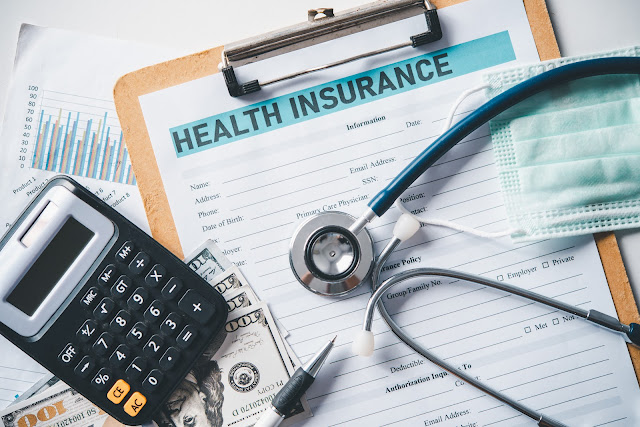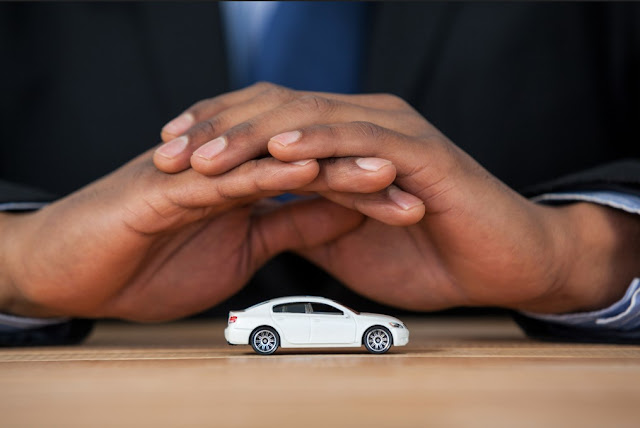Car accidents can turn your world upside down, leaving you to deal with injuries, emotional stress, and the daunting maze of medical treatments and costs.
Amid the chaos, it's crucial to have a clear understanding and strategy for managing the financial aspect of your recovery. Securing the right treatment without drowning in debt is a tightrope walk many accident victims face.
This article aims to shed light on navigating these turbulent waters, highlighting essential steps like understanding insurance coverage, seeking compensation, and wisely managing treatment costs.
With the right knowledge and approach, the path to recovery can be less financially burdensome, allowing you to focus on your health and well-being.
It's crucial to have a thorough understanding of your insurance coverage after a car accident, as it directly influences your financial responsibility for injury treatment.
In the wake of an accident, pursuing a personal injury claim can serve as a vital pathway to securing the necessary funds for comprehensive treatment and rehabilitation.
Understanding Your Insurance Coverage
It's crucial to have a thorough understanding of your insurance coverage after a car accident, as it directly influences your financial responsibility for injury treatment.
Insurance policies can vary greatly, with some providing comprehensive coverage that significantly reduces out-of-pocket expenses, while others may offer only minimal benefits. Knowing the specifics of your policy, including deductibles, co-pays, and coverage limits, can help you manage your finances more effectively during this challenging time.
Furthermore, being informed about your insurance can also expedite the claims process, ensuring you receive the financial support you need for treatment without undue delay.
Seeking Compensation Through Personal Injury Claims
In the wake of an accident, pursuing a personal injury claim can serve as a vital pathway to securing the necessary funds for comprehensive treatment and rehabilitation.
This process not only helps victims cope with the immediate financial burdens but also addresses long-term care needs that may arise from sustained injuries.
Navigating through personal injury claims can markedly reduce the stress of medical expenses, allowing you to focus fully on your recovery without the looming anxiety of unmanageable bills.
Such financial relief is crucial in providing you as an accident victim with access to quality healthcare services, ensuring you receive the best possible treatment to facilitate a return to normalcy.
Exploring payment plans and financial assistance plays a crucial role in alleviating the financial strain that often accompanies treatment for car accident injuries.
With a car accident injury, managing treatment costs becomes a significant concern, but understanding how to prioritize treatments can offer some relief.
Exploring Payment Plans and Financial Assistance
Exploring payment plans and financial assistance plays a crucial role in alleviating the financial strain that often accompanies treatment for car accident injuries.
Many healthcare providers understand the economic challenges that can arise in these situations and may offer flexible payment options to ensure that necessary treatments are not delayed due to financial constraints.
Financial assistance programs, often available through hospitals or charitable organizations, can provide significant relief by covering a portion of the medical expenses.
This approach allows victims to access essential healthcare services without the added stress of immediate, full financial responsibility, thereby supporting a more focused and effective recovery process.
Prioritizing Treatments Based on Necessity and Cost
With a car accident injury, managing treatment costs becomes a significant concern, but understanding how to prioritize treatments can offer some relief.
Focusing on treatments based on their necessity and associated costs helps in crafting a more manageable approach to recovery. This means assessing which treatments are critical for immediate recovery, like a broken bone, and which can be scheduled over time, neck pain or frequent headaches, potentially reducing the immediate financial burden.
Acting with this financial prudence shouldn't undermine the quality of care received but rather ensure that your resources are allocated efficiently, preventing the accumulation of unnecessary debt.
Managing the long-term financial implications of treatment following a car accident requires careful consideration and planning.
Managing the long-term financial implications of treatment following a car accident requires careful consideration and planning.
By understanding your insurance coverage, seeking compensation through personal injury claims, exploring flexible payment options, and prioritizing treatments, you can mitigate the financial impact of your recovery process.
These strategies are essential because they address both the immediate and prolonged financial challenges that can arise from sustained injuries, ensuring that access to necessary healthcare does not translate into an insurmountable financial burden.
Ultimately, the goal of these tips is to provide accident victims with knowledge and options that empower them to focus on their recovery, knowing that their financial well-being is being safeguarded.


.jpeg)



.jpg)





.jpg)



